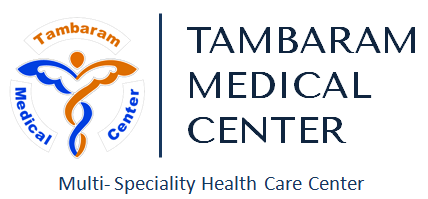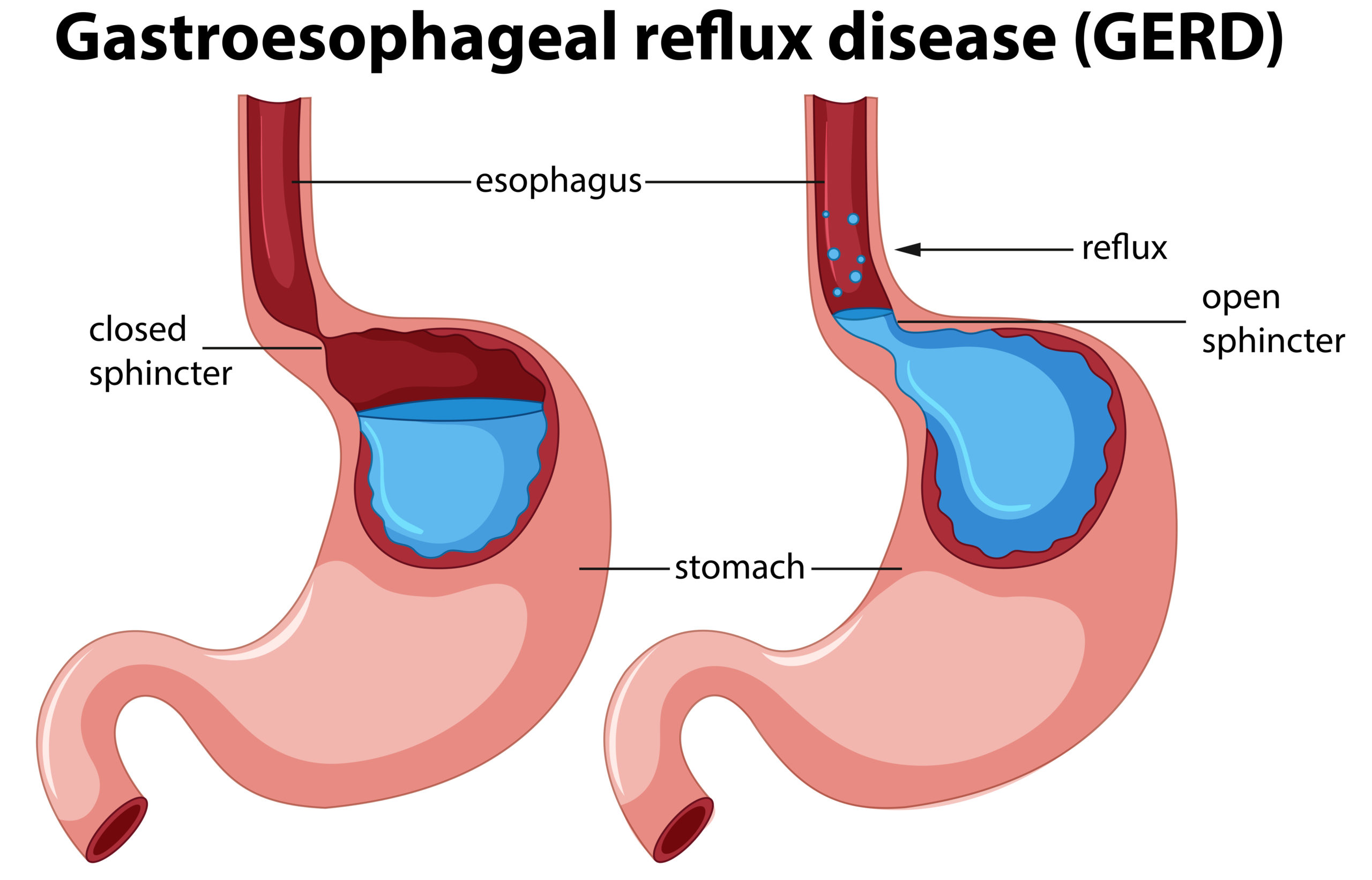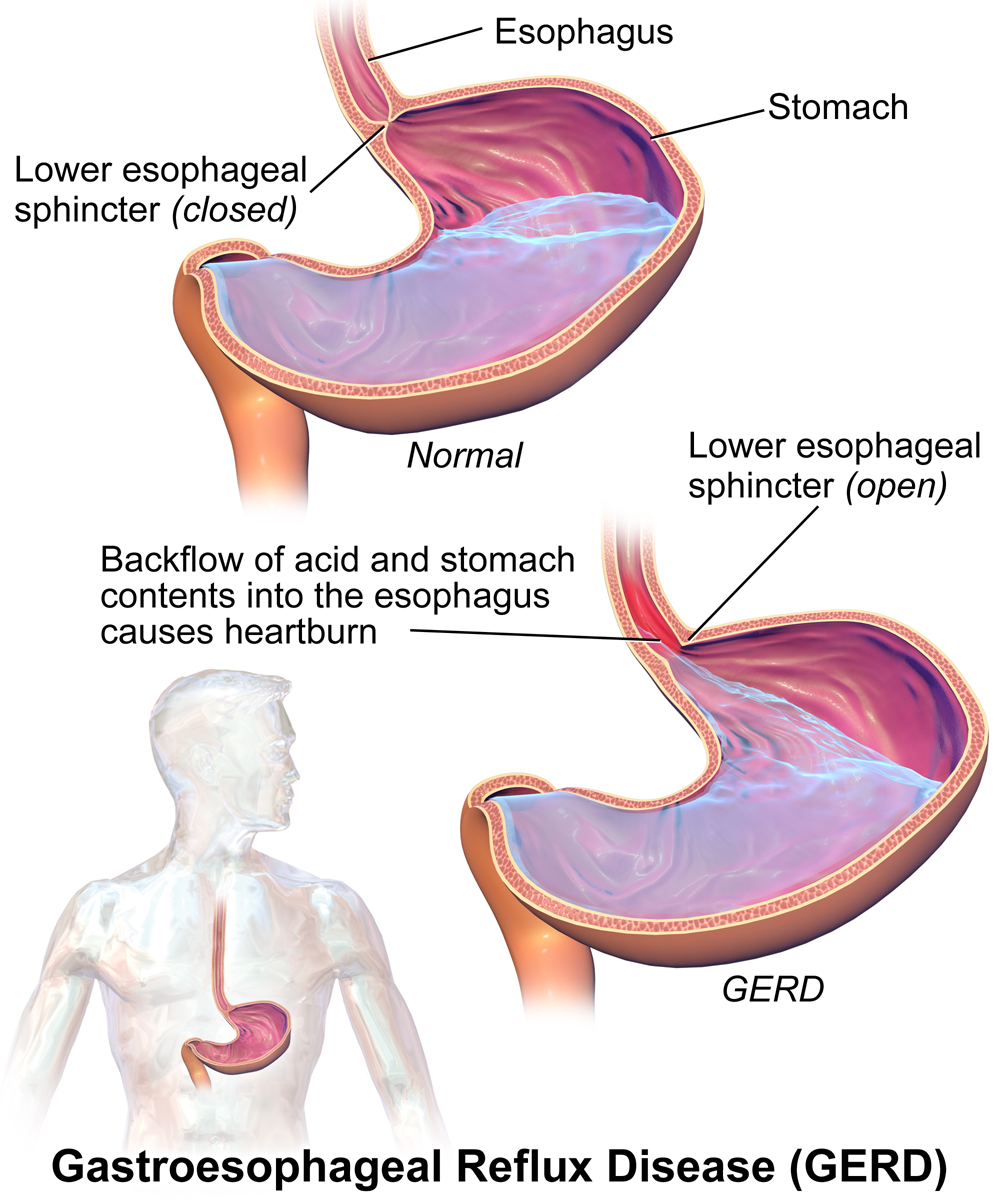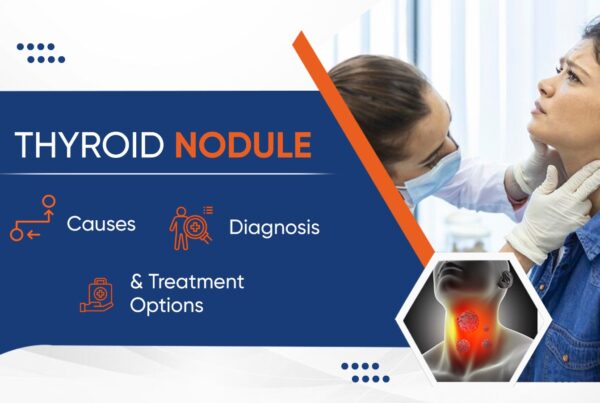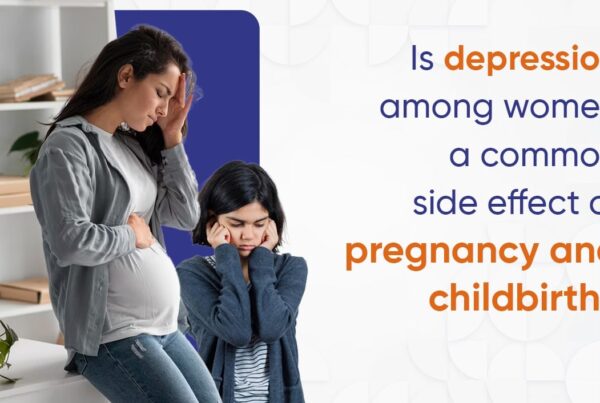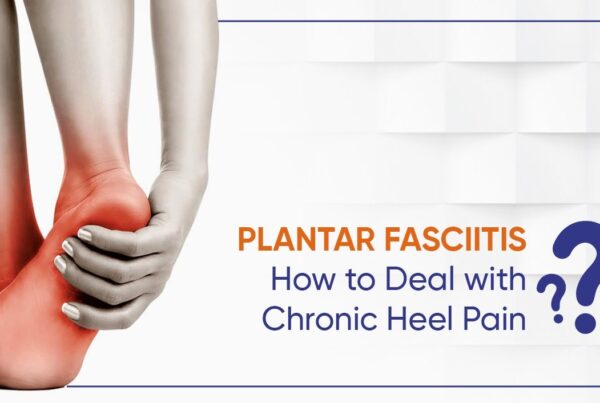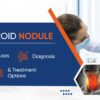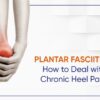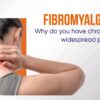GASTROESOPHAGEAL REFLUX DISEASE
A digestive disease in which stomach acid or bile irritates the food pipelining.
GERD can be a problem if it’s not treated because, over time, the reflux of stomach acid damages the tissue lining the esophagus, causing inflammation and pain. In adults, long-lasting, untreated GERD can lead to permanent damage of the esophagus and sometimes even cancer.
Table of Contents
How heartburn and GERD occur ?
Acid reflux occurs when the sphincter muscle at the lower end of your esophagus relaxes at the wrong time, allowing stomach acid to back up into your esophagus. This can cause heartburn and other signs and symptoms. Frequent or constant reflux can lead to Gastroesophageal reflux disease (GERD)
What causes GERD?
What Causes GERD?
GERD happens when acidic stomach contents move backward into the esophagus. The esophagus is a tube that carries food and liquids from the mouth to the stomach. It is separated from the stomach by a small muscle (the esophageal sphincter). This muscle opens and lets food and liquid enter the stomach and closes to prevent the food and liquid from leaking back into the esophagus.
GER and GERD happen when the muscle relaxes at the wrong time or doesn’t close as it should.
This can happen for different reasons:
- In some people, the muscle doesn’t tighten properly.
- In others, it doesn’t close quickly enough or at the right time, letting stomach contents wash back up.
- If a person eats way too much, the stomach may be so stretched the muscle can’t work as it should.
No one knows for sure why people get GERD. Doctors do know that some things can make GERD worse, including obesity, drinking alcohol, and pregnancy.
Foods and medicines can make GERD symptoms worse. In many people, these foods bring on symptoms:
Make sure to have a focus on these
- Citrus fruits
- Chocolate
- Drinks or foods with caffeine
- Fatty and fried foods
- Garlic and onions
- Mint flavorings
- Spicy foods
- Tomato-based foods, like spaghetti sauce, chili, and pizza
Symptoms
Often, people who have GERD notice that they regularly have the pain of heartburn in the chest or stomach. This can last up to a couple of hours. Many notice their heartburn is worse after eating.
Regurgitation — when food and liquid containing stomach acid comes back up into the throat or mouth — is also a sign of GERD. But, like heartburn, occasional regurgitation is common for everyone.
Often, people who have GERD notice that they regularly have the pain of heartburn in the chest or stomach. This can last up to a couple of hours. Many notice their heartburn is worse after eating.
Regurgitation — when food and liquid containing stomach acid comes back up into the throat or mouth — is also a sign of GERD. But, like heartburn, occasional regurgitation is common for everyone.
Other symptoms of GERD include:
- Sore, raw throat, or hoarse voice
- The frequent sour taste of acid, especially when lying down
- Feeling of food getting stuck in the throat
- The feel of choking may wake someone up
- Dry cough
- Bad breath
- Having trouble swallowing
- Burping acid feeling inside the mouth
How Is GERD Treated?
Treatment for GERD depends on how severe symptoms are. For some people, treatment may just include lifestyle changes, such as changing what they eat or drink. Others will need to take medicines. In very rare cases, when GERD is particularly severe, a doctor will recommend surgery.
The following lifestyle changes can help ease the symptoms of GERD or even prevent the condition:
- quitting smoking
- avoiding alcohol
- losing weight if you are overweight
- eating small meals
- wearing loose-fitting clothes
- avoiding carbonated beverages
- avoiding foods that trigger reflux
When to see a doctor?
Seek immediate medical care if you have chest pain, especially if you also have shortness of breath, or jaw or arm pain. These may be signs and symptoms of a heart attack.
Make an appointment with your doctor if you:
- Experience severe or frequent GERD symptoms
- Take over-the-counter medications for heartburn more than twice a week
